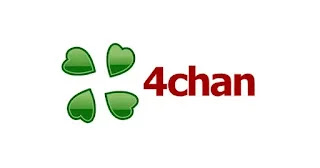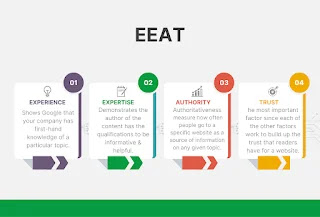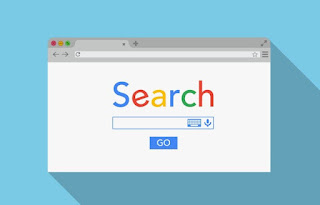
🌐 What Is 4chan?
4chan is an imageboard-style discussion forum launched in 2003 by Christopher Poole (known online as “moot”). Initially created as a space for anime and manga enthusiasts, it quickly evolved into a highly dynamic, anonymous, and influential hub on the internet.
🧩 Key Features
| Feature | Description |
|---|---|
| Anonymous Posting | Users are not required to create accounts; most contributions are made under the pseudonym “Anonymous.” |
| Ephemeral Content | Threads are short-lived and automatically deleted once they exceed the board’s post limit or activity threshold. |
| Diverse Boards | Covers a wide range of topics, from anime (/a/) and technology (/g/) to random (/b/) and politics (/pol/). |
| Variable Moderation | Some boards are tightly moderated, while others operate with minimal oversight, resulting in a mix of content types. |
| Lack of Archiving | Threads are not archived by default. Once removed, content is typically unrecoverable unless saved by third-party services. |
| Cultural Significance | 4chan has been the origin point of major internet phenomena, including memes like “Pepe the Frog,” “Rickroll,” and “Wojak.” It has also influenced digital movements such as Anonymous. |
🎭 Cultural Influence
4chan has played a prominent role in shaping internet culture:
-
Meme Incubator: Many viral memes and trends first surfaced on 4chan before spreading to mainstream platforms.
-
Digital Activism and Trolling: The site served as a springboard for online movements and prank campaigns, including early Anonymous activity.
-
Controversial Discourse: Boards like /pol/ have contributed to polarizing political conversations and have been linked to various online controversies.
🔒 What Remains Largely Unknowable
Due to the platform’s structure and lack of transparency, some aspects of 4chan remain difficult—or impossible—to track or confirm:
| Area | Reason for Limited Visibility |
|---|---|
| Recent Threads | Content is rapidly removed and often not archived. |
| User Identity | Complete anonymity prevents attribution or user tracking. |
| Moderator Decisions | Internal actions are opaque, with little visibility into bans or content removal. |
| Leaks and Insider Info | Unless widely disseminated, internal information typically remains undisclosed. |
| Law Enforcement Activity | Interventions by agencies (e.g., FBI) are rarely made public unless part of legal proceedings. |
| Dark Web Ties | Discussions sometimes reference illegal activities, but such claims are unverifiable. |
🧠 Final Thoughts
4chan occupies a unique space on the internet—both celebrated and criticized:
-
Chaotic Neutral: It reflects the unfiltered nature of its user base, neither inherently good nor bad.
-
Culturally Powerful: Despite its fringe reputation, its influence reaches far into mainstream media and online discourse.
-
A Double-Edged Sword: The site’s commitment to freedom of speech also enables harmful, offensive, or extreme content to thrive.
🕵️ What Likely Falls Outside My Knowledge (Post-2025)
While this overview provides a comprehensive look at 4chan up to mid-2024, here are areas where knowledge is limited or unavailable:
-
Recent Threads & Content: I don’t have access to live or recent posts beyond 2024.
-
Deleted or Private Content: If content was posted and removed quickly, it may never have been indexed or archived.
-
True Poster Identity: Claims made on 4chan are rarely verifiable due to its anonymity.
-
Backend Operations: Internal management, moderation tools, and server-level actions remain unknown unless leaked.
-
Unarchived Threads: Many boards lack external archival, meaning vanished threads are lost entirely.
-
Non-public Legal Activity: Any investigation involving 4chan that hasn’t been made public is outside the scope of known data.



